Introduction
The rapid advancement of IT technology has dramatically transformed the Advertising and Marketing industry, revolutionizing how brands connect with consumers and execute campaigns. From data analytics to automation, artificial intelligence, and immersive technologies, IT solutions have reshaped the landscape, enabling businesses to create more personalized, efficient, and impactful marketing strategies.
This technological evolution has empowered marketers to not only reach their audiences with precision but also enhance engagement, improve customer experiences, and optimize and spend across various platforms.
1. Data Analytics and Consumer Insights
One of the most significant impacts of IT technology is the ability to collect and analyze vast amounts of consumer data. Marketers can now gain deeper insights into consumer behaviors, preferences, and purchasing patterns through:
Big Data: By analyzing large datasets, brands can identify trends, predict consumer behavior, and personalize marketing messages based on individual preferences.
AI-Driven Analytics: Artificial Intelligence (AI) tools process vast data sets to reveal hidden patterns and forecast future trends, enabling businesses to make data-driven decisions.
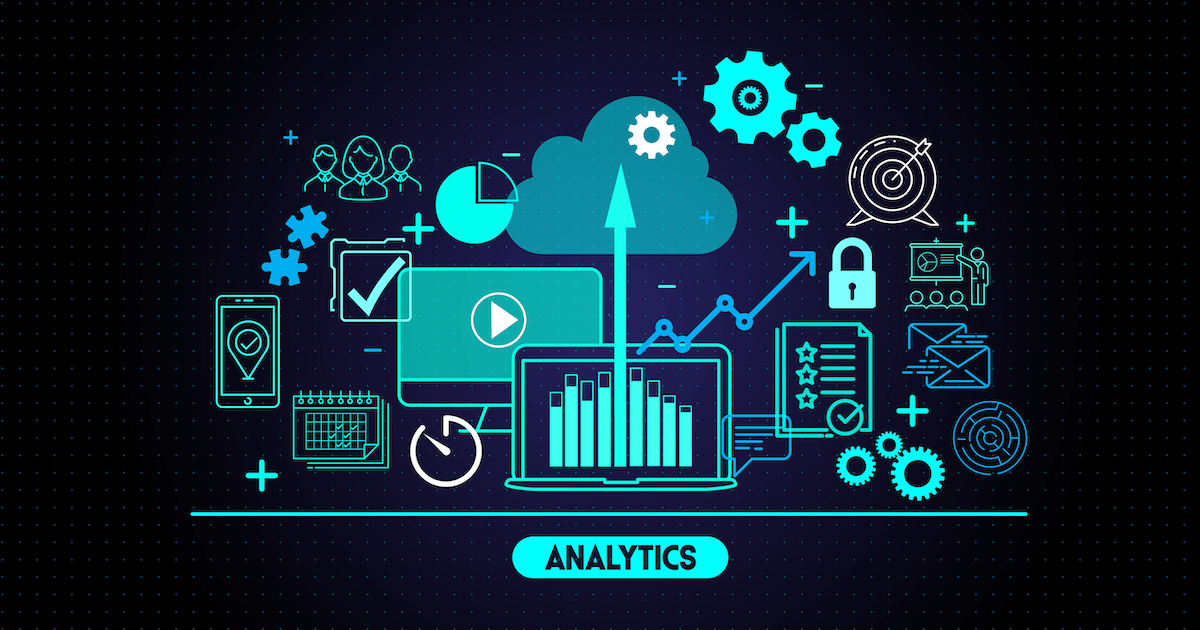
2. Personalization and Targeted Marketing
Personalization has become a cornerstone of modern marketing strategies. IT technology allows for the creation of highly tailored marketing experiences that resonate with individual consumers:
Targeted Advertising: Advanced algorithms enable precise audience targeting based on demographics, online behavior, and purchase history, ensuring that ads are more relevant and effective.
Dynamic Content: IT technology powers real-time content adaptation based on user interactions, ensuring that consumers receive personalized messages across different touchpoints.
3. Programmatic Advertising and Automation
Cloud solutions are transforming public sector infrastructure by enabling:
Programmatic advertising is a game-changer in the digital marketing landscape, allowing for the automated buying and selling of ad space:
Real-Time Bidding (RTB): Automated systems now place bids for ad space in real time, optimizing ad placements based on audience data.
Campaign Management: Automation tools streamline the management of marketing campaigns, enabling marketers to schedule, monitor, and optimize ads across platforms with minimal manual intervention.
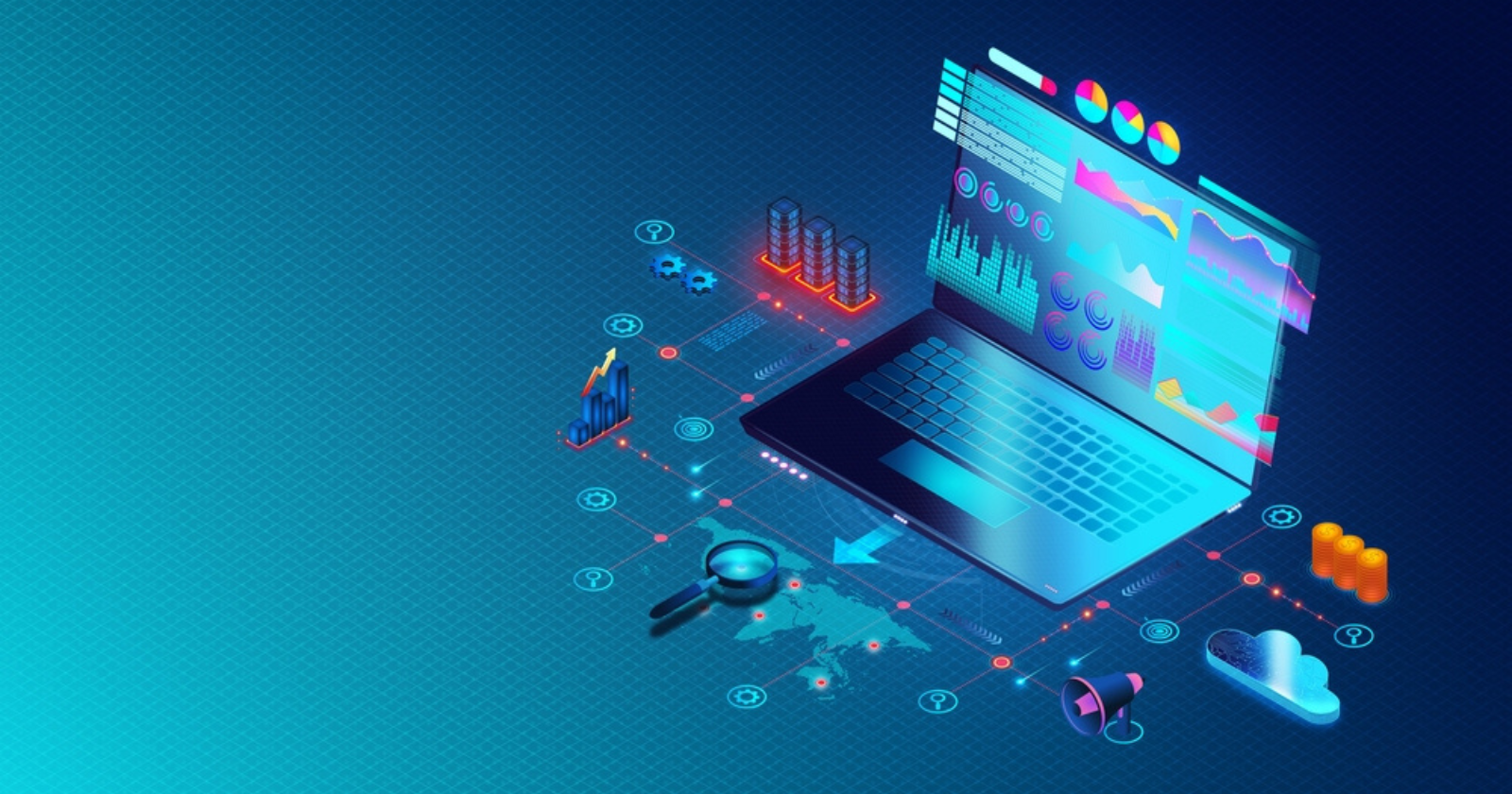
4. Artificial Intelligence and Machine Learning
AI and machine learning (ML) have empowered marketers to create more engaging and efficient campaigns:
Predictive Marketing: ML algorithms analyze past data to predict future consumer behaviors, allowing marketers to anticipate needs and deliver the right message at the right time.
Chatbots and Conversational AI: AI-powered chatbots are becoming integral to customer service and engagement, offering real-time interactions that guide consumers through their decision-making journey.
5. Social Media and Influencer Marketing
The rise of social media platforms and IT technologies has transformed social media into a powerful marketing channel:
Social Listening: IT tools enable brands to monitor conversations on social media, allowing them to respond to real-time feedback, manage their online reputation, and identify new marketing opportunities.
Influencer Marketing Platforms: Advanced platforms help brands identify relevant influencers, manage partnerships, and measure campaign success with real-time metrics and analytics.
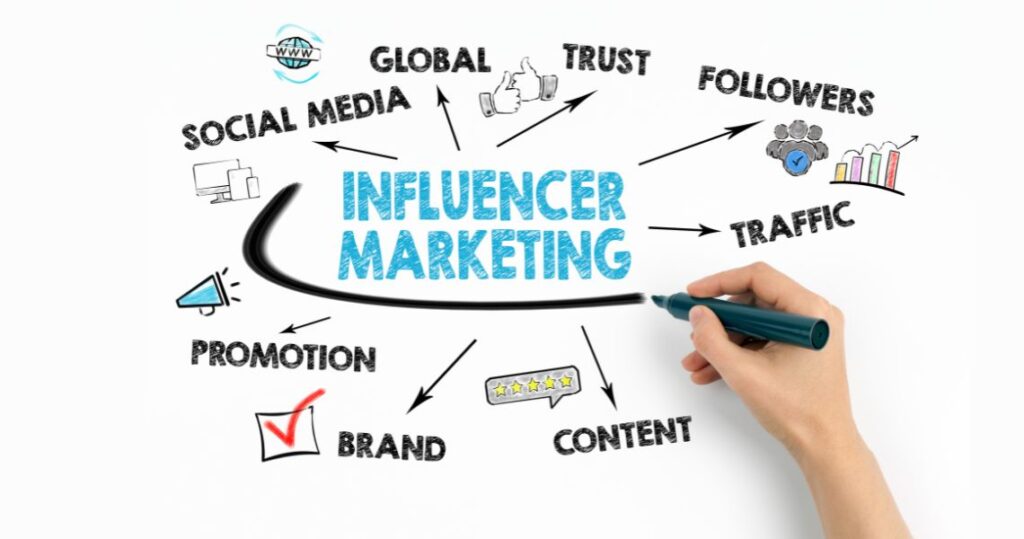
6. Search Engine Optimization (SEO) and Content Marketing
The integration of IT technology has made search engine optimization (SEO) and content marketing more precise and effective:
SEO Tools: IT technologies enable marketers to optimize websites and content for search engines, using data to improve rankings and visibility.
Content Management Systems (CMS): Sophisticated CMS platforms streamline the creation, publishing, and tracking of digital content, making content marketing campaigns more efficient and measurable.
7. Augmented Reality (AR) and Virtual Reality (VR)
AR and VR are emerging as innovative tools in experiential marketing, enhancing how consumers interact with brands:
Immersive Advertising: AR and VR allow for more engaging, interactive experiences, where consumers can visualize products in a real-world context or explore virtual environments.
Try-Before-You-Buy: Many brands are using AR to offer virtual try-on solutions, enabling customers to "experience" products like clothing, furniture, or makeup before making a purchase.
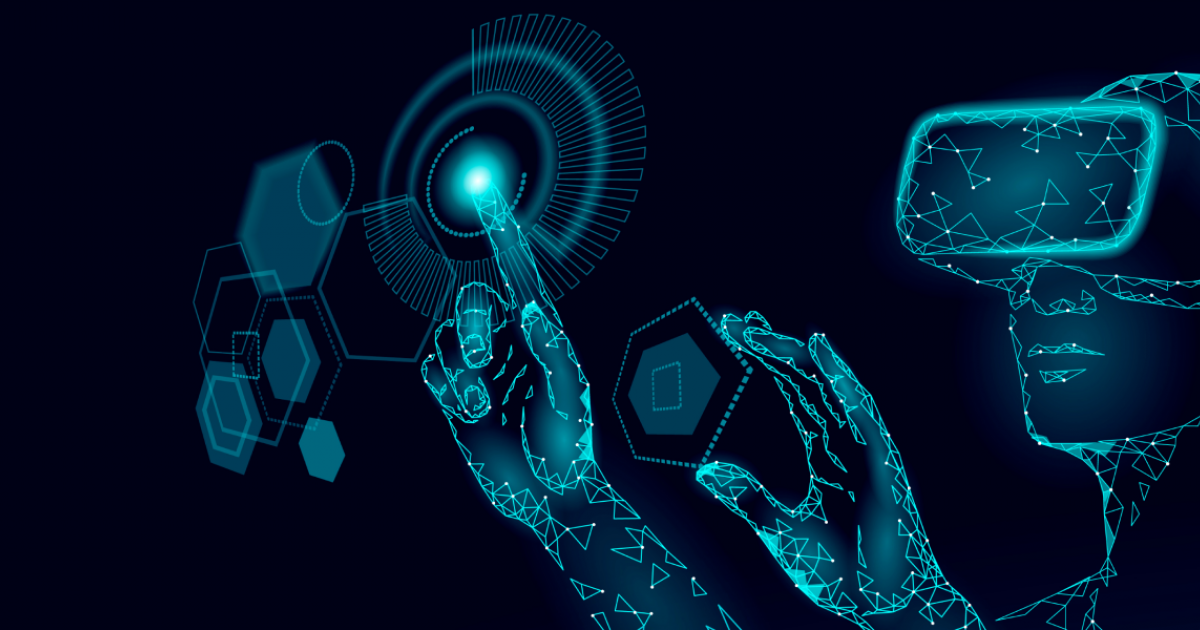
8. Mobile Marketing and App-Based Campaigns
Mobile devices have become critical touchpoints for advertising, and IT technologies are optimizing mobile marketing efforts:
Geolocation and Geotargeting: Brands use location-based technologies to deliver personalized offers or ads based on a user’s proximity to a store or event.
In-App Advertising: Mobile apps have become valuable ad platforms, where businesses can serve personalized ads or offer promotions directly through apps that users frequently engage with.
9. Video Marketing and Streaming
Video content is increasingly dominating marketing strategies, with IT technology playing a pivotal role in optimizing video campaigns:
Video Analytics: Tools provide insights into viewer engagement, allowing marketers to optimize video content for maximum impact.
Live Streaming and Interactive Video: Brands are using IT technologies to enhance real-time consumer engagement through live streaming events or interactive video content that allows viewers to engage directly with the product or brand.
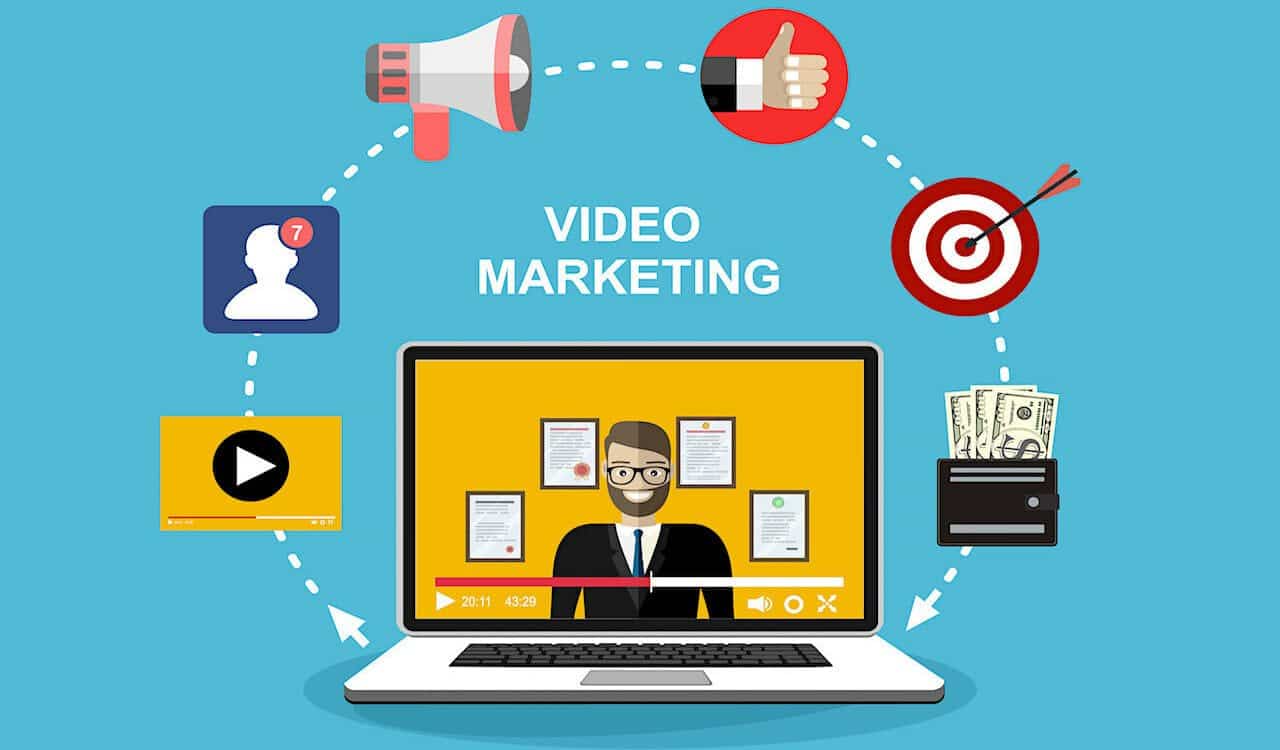
10. Blockchain for Ad Transparency
Blockchain is being used to address transparency issues in digital advertising by creating trust and reducing fraud:
Ad Fraud Prevention: Blockchain technology helps verify the authenticity of ad impressions, reducing fraud in programmatic advertising.
Transparent Contracts: Smart contracts ensure transparency in ad buying and selling processes, making it easier to track where ad dollars are being spent.
Conclusion
IT technology has become an indispensable force in the Advertising and Marketing industry, driving unprecedented changes in how brands operate and communicate with their audiences. The integration of data analytics, AI, automation, and innovative digital platforms has allowed marketers to target consumers more effectively, personalize campaigns, and increase overall efficiency.
As technology continues to evolve, the future of marketing will be increasingly shaped by digital innovations, enhancing brand-consumer relationships and offering new opportunities for creativity and growth in the industry.
